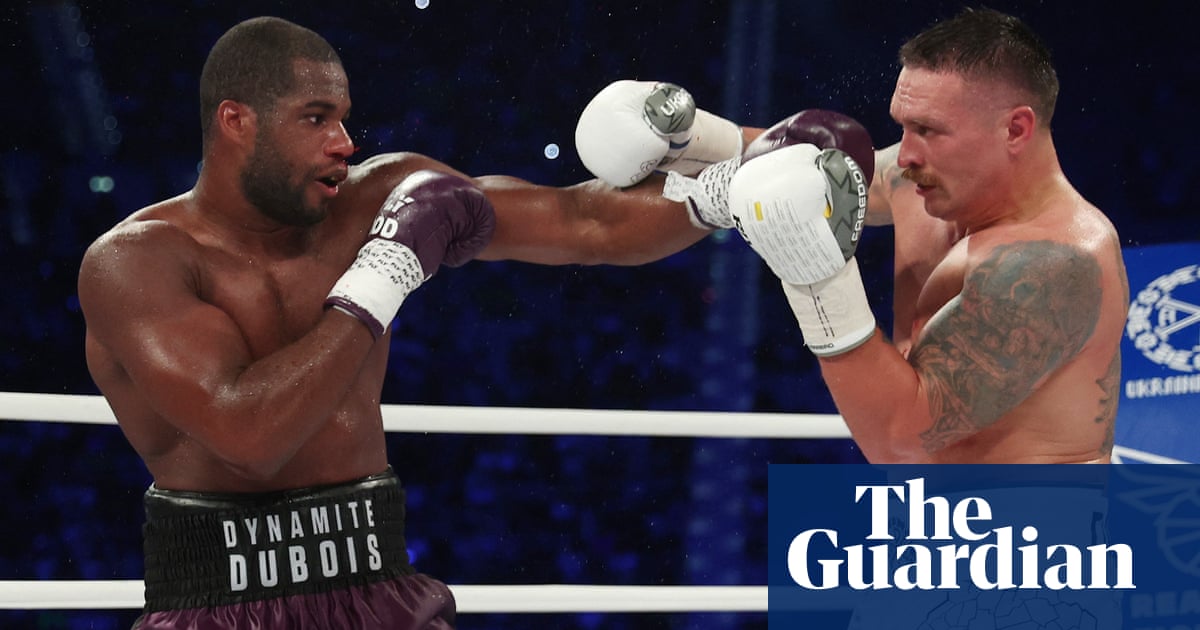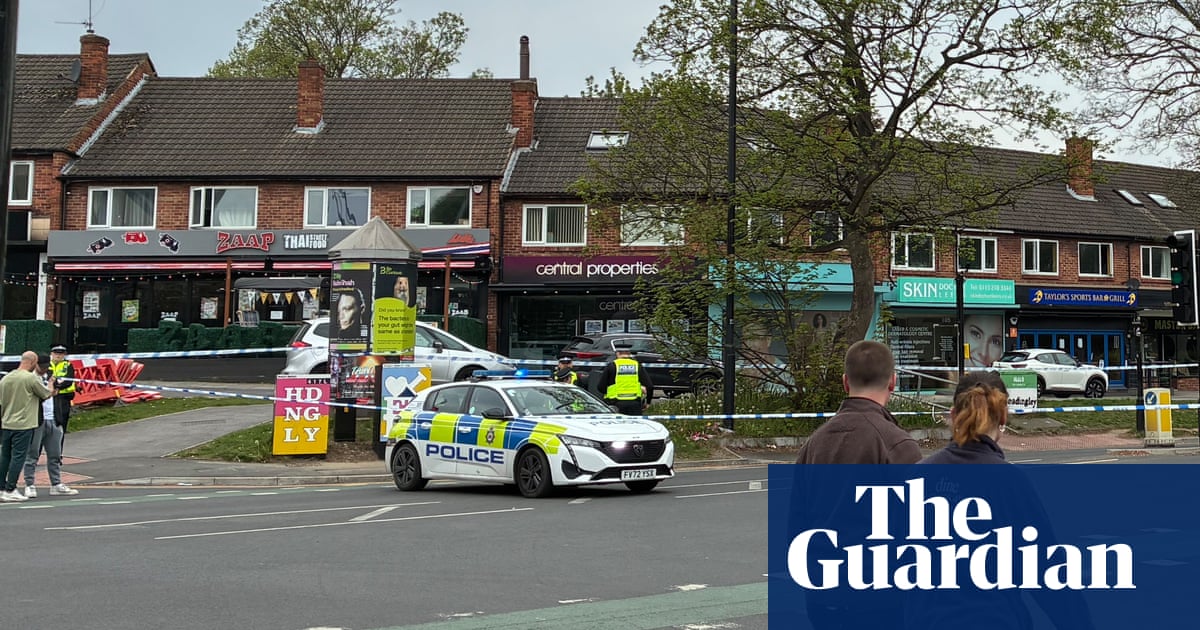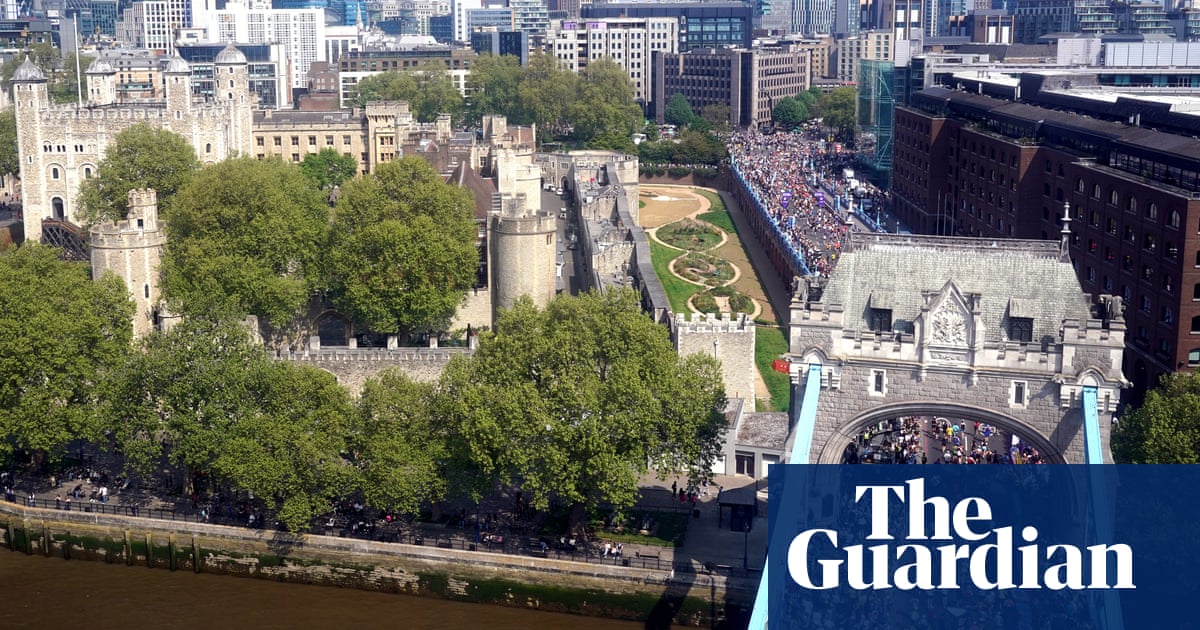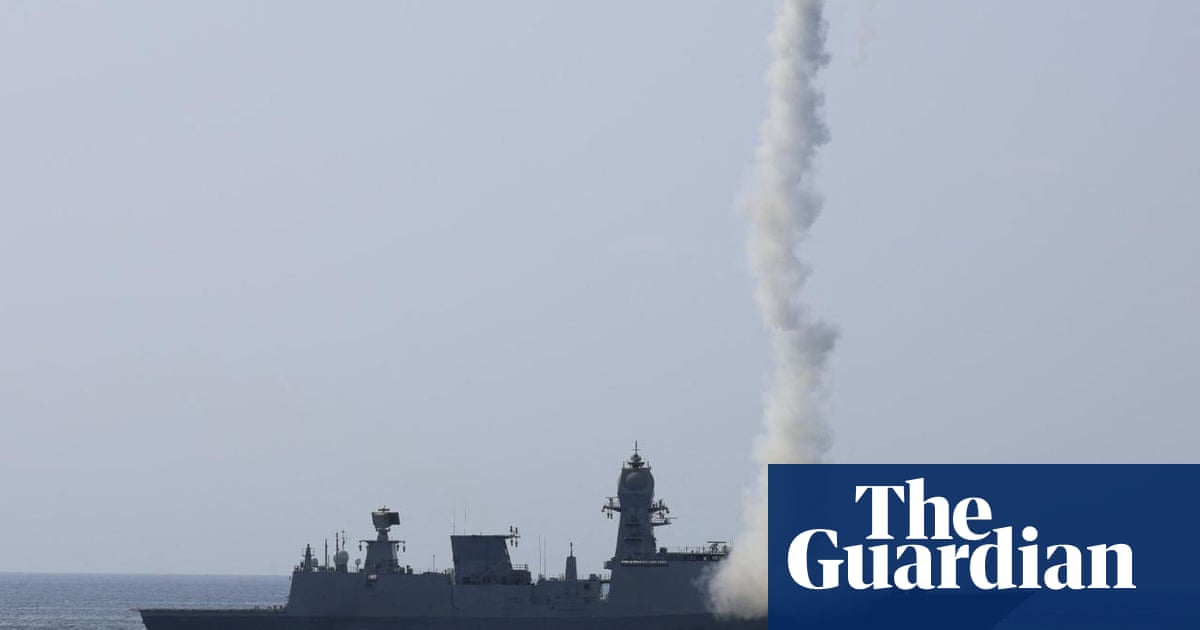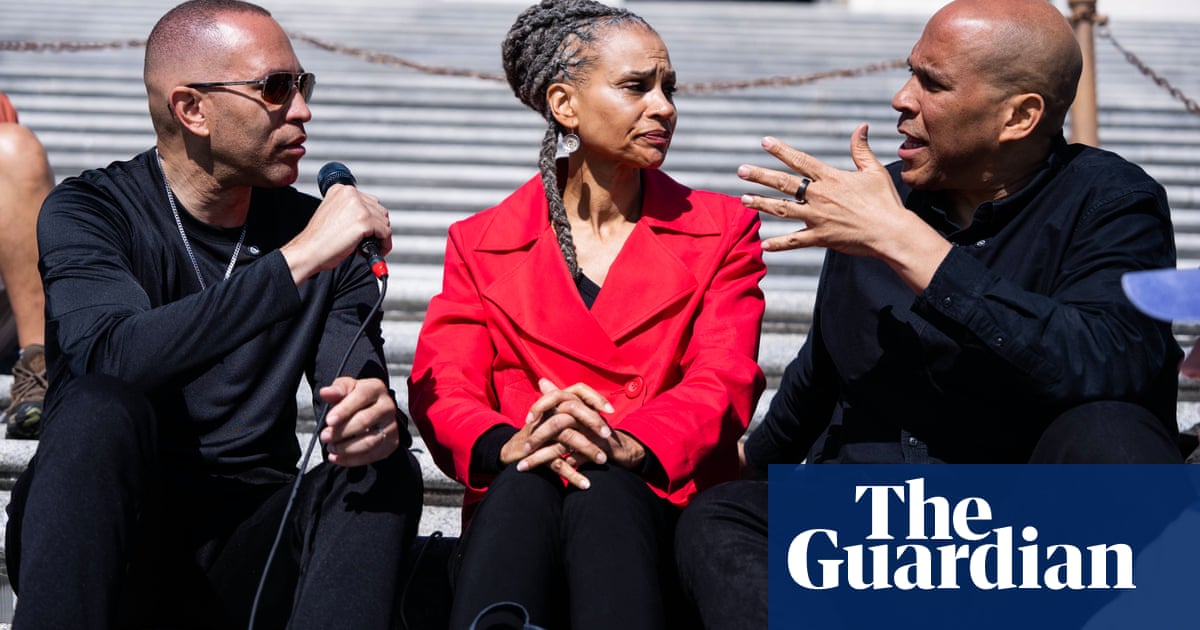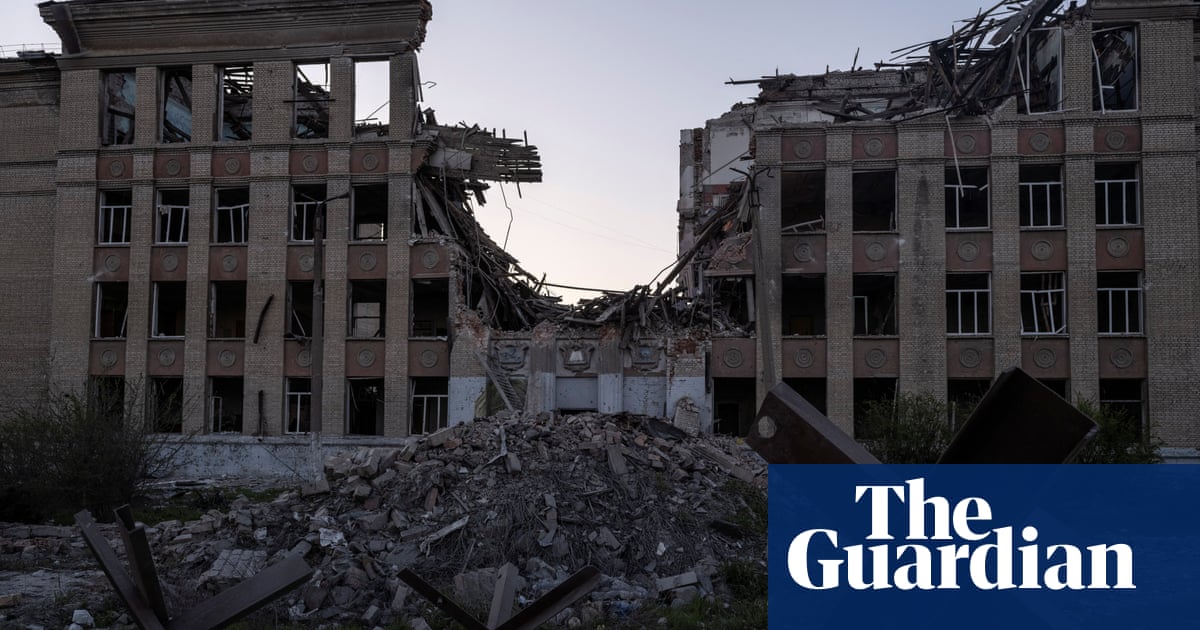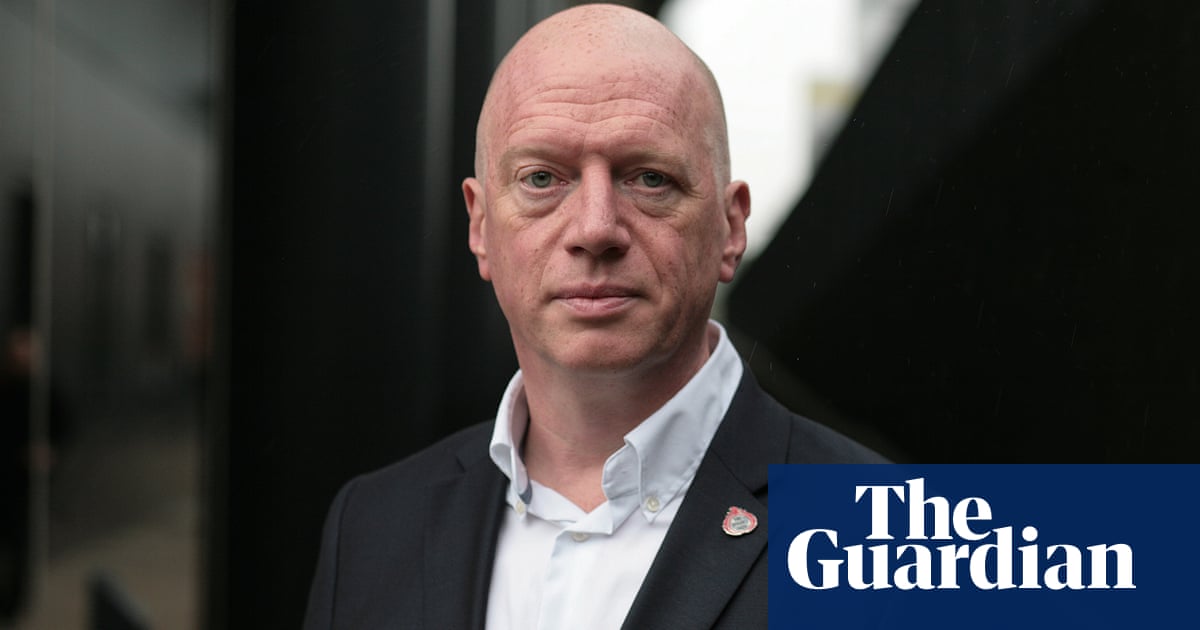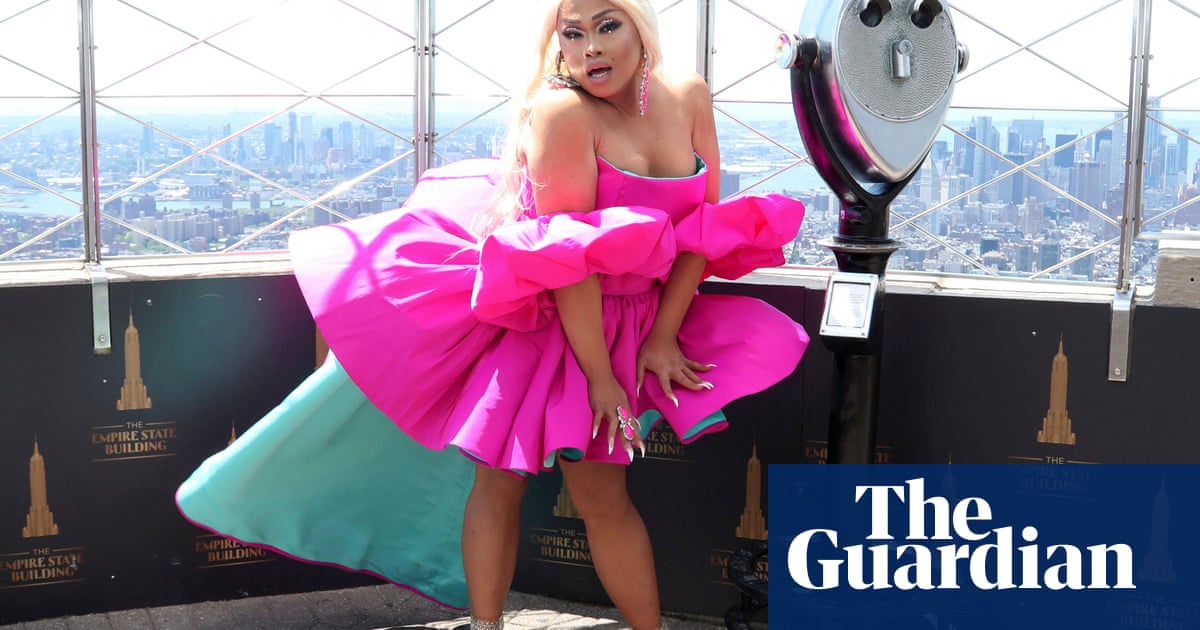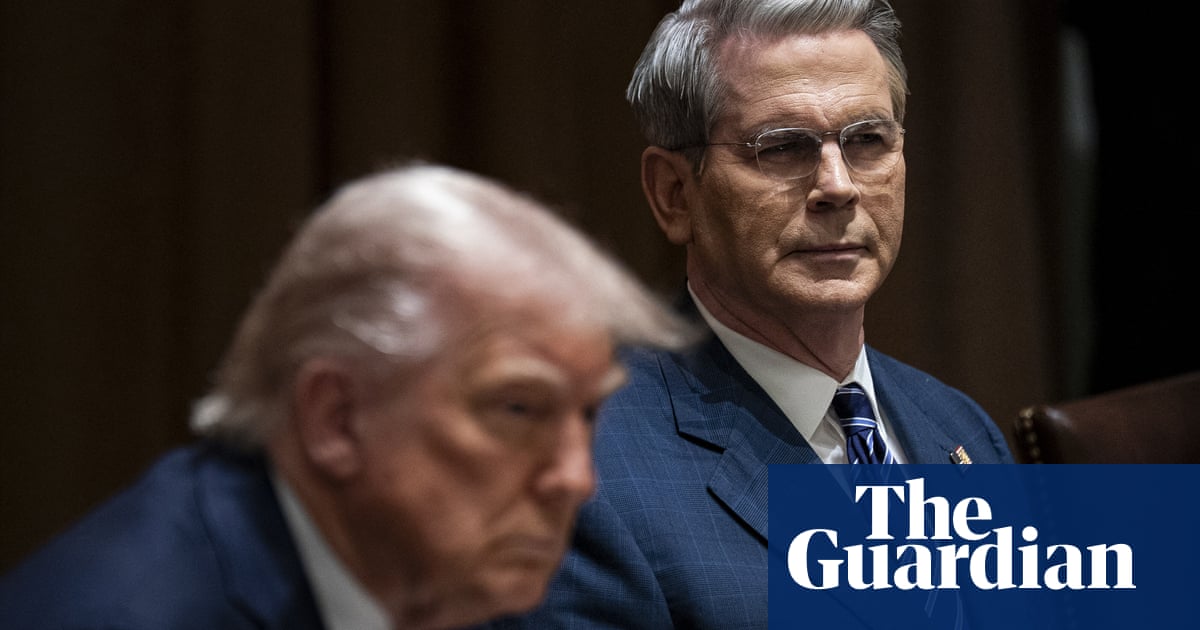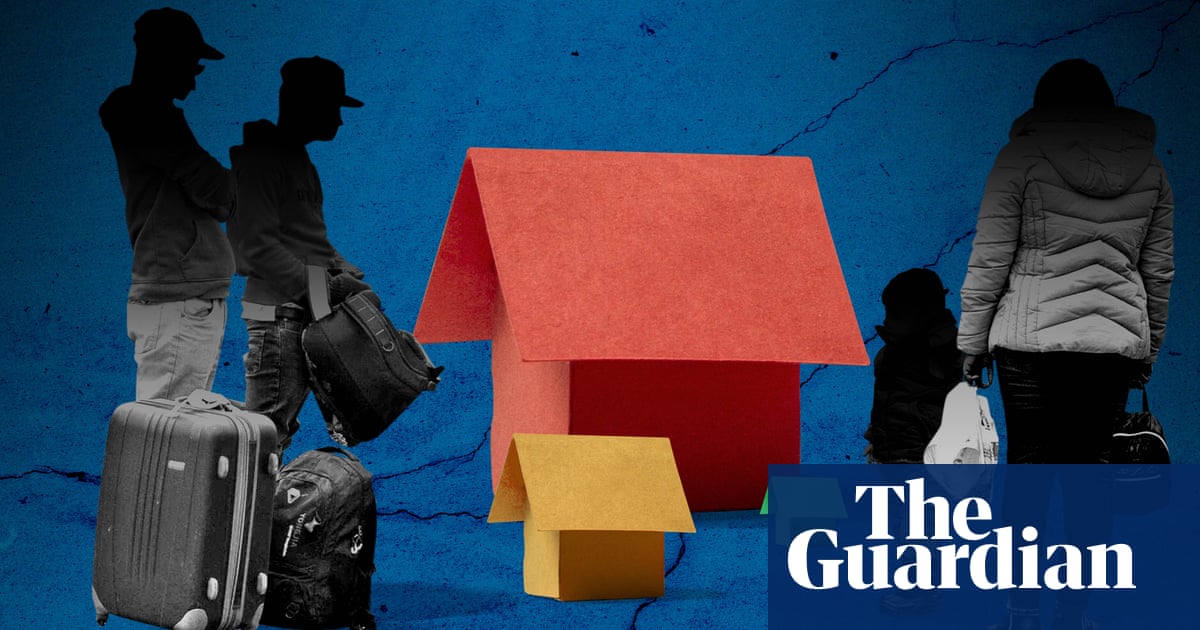
“Don’t open the door to nobody,” my father warned throughout my childhood – right up until the day he died. He trusted no politicians, no organized religion and definitely no strangers knocking unannounced.
Lately, his words echo louder than ever.
In California, where I teach at university, the year began with wildfires. They’re out now, but there is no containment for the political blaze sweeping through higher education. One after another, Donald Trump’s executive orders have scorched the landscape: slashing funding, silencing communication, terminating grants, capping research.
Each one feeds the fire. As Trump remarked in his address to Congress, he’s “just getting started”.
So between grading papers and making dinner, the real questions linger: will I still have a job next year? Will my department survive? Will my students be safe? Will my work be banned for using words like disability or inequality?
These questions aren’t paranoid. They’re familiar.
They’re the same kinds of questions my father asked himself in 1975 before fleeing Chile for the US, trading a brutal dictatorship for freedom.
The speed and ease with which words like “purge”, “erasure” and “forced removal” have flooded our lexicon, crammed into news updates about attacks on minority groups and immigrants, brings to mind 11 September 1973.
Though I wasn’t born yet, that day lives beneath my skin as one of Chile’s daughters. On that day, the military overthrew the democratically elected president, Salvador Allende, and ushered in a 17-year dictatorship under Gen Augusto Pinochet.

The new regime tortured and murdered thousands of Allende supporters. And because Pinochet feared free speech and a free press, public debate and intellectual freedoms, he specifically targeted writers, academics, students and artists.
Authoritarian regimes always do.
Now consider what’s happening today to those on Trump’s growing enemy list. This includes the recently detained Palestinian activist and legal permanent resident Mahmoud Khalil at Columbia University, my alma mater. Trump hasn’t even tried to hide his desire for retribution; instead, he vowed that Khalil’s arrest would be the first of “many to come”.
Since then, the secretary of state, Marco Rubio, has revoked 300 scholars’ visas and federal agents have detained at least a dozen students and professors, often without clarity on charges or alleged crimes other than protesting and speaking out.
The case of the Tufts doctoral student Rümeysa Öztürk– arrested in broad daylight by plainclothes Ice agents – stands out for me. Her only known offense was co-authoring an op-ed in the campus newspaper that criticized the university’s response to students’ demands to divest from companies with ties to Israel over the Gaza conflict.
Some ideas are now deemed so dangerous they must be erased, free speech be damned.

With the thought police now in full force in my country – our country – I can’t help but think of the killing of Víctor Jara, the Chilean singer-songwriter often dubbed the Bob Dylan of Chile. His curly hair, olive skin and Mapuche features so resemble my father’s that I tear up watching black-and-white performances of El Derecho de Vivir en Paz (The Right to Live in Peace).
Born into an impoverished peasant family and a fierce supporter of working-class and Indigenous people, he threaded their stories into song. “We’ve had enough of that music that doesn’t speak to us, that entertains us only for a moment, but leaves us empty,” he said. “We began to create a new kind of song. It was music that was born out of total necessity.”
Jara was closely aligned with Allende’s leftist Popular Unity coalition, even rewriting the lyrics to its anthem, Venceremos (We Shall Prevail), which made him a prime target for the opposition.
Like many workers, Jara responded to Allende’s call on the morning of 11 September to occupy their workplaces in defiance of the unfolding coup. As a professor at the State Technical University, he went to campus. Despite a strict curfew – anyone found on the streets risked being shot – hundreds of students and faculty sought refuge in university buildings, which were later shelled by tanks and raked with machine gun fire.
A survivor, Osiel Núñez Quevado, recalled in a documentary: “Without absolutely no warning, they began machine-gunning the university’s central building. They got everybody out, putting professors and students on the floor with hands on their heads. There among them, was Víctor.”
Pinochet’s forces found Jara’s message so threatening that when he was identified among the prisoners brought to Estadio Chile – the stadium later turned into a detention center and renamed to honor the singer’s memory – he was singled out for torture in an especially cruel way.
Soldiers broke his hands and wrists, then taunted him to play his guitar and sing. Badly beaten and bloodied, in the two hours before his death he secured a pen and paper from a friend and gathered the strength to write his final song, Estadio Chile.
He defiantly performed Venceremos before his captors killed him with a gunshot to the head, further riddling his body with 44 bullet wounds before dumping his corpse in the street.

Such brutality, forever seared into the consciousness of Chileans like my father, has shaped generations across national borders, thousands of miles, and decades. The ghosts of a decimated democracy haunted Dad’s nightmares, and they continue to haunt me.
When I turned 18, my father actively discouraged me from voting, fearing that my name could end up on a list used against me one day, that I could be killed like one of los desaparecidos – the thousands of Chileans who were abducted by state forces during Pinochet’s rule, never to be seen again.
The deeper I dig into history, the more parallels I uncover between then and now.
I recently learned about Chile’s failed coup in June 1973, which eerily resembles the January 6 assault on the US Capitol. Riding on growing discontent within the military, Lt Col Roberto Souper launched an unsuccessful attempt against Allende. Though poorly coordinated, it served as a kind of dress rehearsal, helping the military understand the conditions necessary for success in a future attempt.
The commander-in-chief of the Chilean army, Gen Carlos Prats, helped squelch the rebellion. But by August, having lost the military’s support, Prats resigned and personally recommended his replacement: his second-in-command, Pinochet. (The following year, while in exile, Prats and his wife Sofía were killed in a car bombing in Buenos Aires, carried out by Chile’s secret police.)
Pinochet swiftly pardoned those arrested during the failed coup attempt – mostly men from various branches of the military – and assigned them to guard the Estadio Nacional, where so many were tortured and killed.
The similarities are impossible to ignore: a failed insurrection, full pardons for the perpetrators, and ensuing vengeance.
As the attorney Almudena Bernabéu observes, “Dictatorial regimes are fueled by arrogance and by the ability to deny that their power will ever end.”

Emboldened and once again in power, Trump’s ire threatens most of the American public, save for a small segment of wealthy oligarchs.
And just as in Chile, where poverty soared in the dictatorship years, the most vulnerable Trump voters will suffer most from rising prices and cuts to crucial social safety net programs.
Allende’s wide-ranging platform had promised to alleviate extreme inequality, at a time when 28.5% of Chileans lived in poverty. He had pursued a number of reforms including increasing wages, providing free milk to poor children and nationalizing the copper industry. He won a close race, after having garnered nearly 37% of the vote, partly thanks to worker and peasant turnout.
But his victory came at a time of extreme political polarization and foreign interference. The National Security Archive contains a trove of documents exposing the US government’s efforts to eradicate the perceived communist threat by attempting to prevent Allende’s win and then undermining his presidency with anti-leftist propaganda and economic encroachment to destabilize the country.
Severe inflation and scarcity had left people like my father – an intended beneficiary of Allende’s policies – disgruntled. His frustrations help me understand the deep dissatisfaction and distrust felt by the large swathes of midwestern voters who supported Trump.
Dad had never graduated from high school. He had toiled in nitrate mines in the Atacama desert, loaded cargo on ships, hauled trash in buildings – dirty jobs that left his hands calloused and his psyche bruised – eventually securing a union job as an elevator operator and later doorman.
He would often recount his dissatisfaction with Allende, given long food lines and the exorbitant prices for black market goods, and had been especially stung by the indignity of a waiter at a “nice” restaurant handing him newspaper to wipe his hands instead of napkins.
Between the lack of economic opportunity, especially for those like Dad born into the working class, and the violence and repression during the dictatorship, my father emigrated in 1975. He joked: “I left because I wanted to be rich.”
Chile’s right wing capitalized on growing discontent, organizing the 1971 protest March of Empty Pots and Pans, which, according to a CIA memorandum, “drew more support from angry Chilean housewives than had been anticipated even by the sponsors”.

Artists, writers and intellectuals continued to offer Allende strong support, including Chile’s celebrated poet Pablo Neruda, his friend and adviser. Neruda died just 12 days after the coup, before he could seek refuge in Mexico, prompting the recently confirmed speculation that he had been poisoned.
This is Pinochet’s legacy: layers and layers of horrific secrets that are still being unveiled, which might explain why Dad urged me never to vote for fear of being tracked down.
I had the privilege, then, of laughing off such worries. “Don’t be paranoid, Dad. They don’t keep track of who you voted for here,” I said, explaining secret ballots. He wasn’t convinced.
Suddenly, Dad doesn’t seem so paranoid any more.
I’ve never been good at keeping my big mouth shut. My father was a masterly kvetcher and, as a New Yorker, I consider complaining my birthright. While I enjoy commiserating as a way to connect with others, my griping also helps me search for answers, question what we take for granted, and untangle vexing puzzles.
Perhaps naively, I once believed tenure would grant more academic freedom – that our right to dissent would be protected. But as we slide toward authoritarianism, the train’s moving in reverse. Instead of my horizon expanding as I near that milestone, I feel the walls closing in.
Earlier in my career, when I voiced doubts, a mentor wisely cautioned: “You don’t want to twist yourself into a pretzel for a job you don’t want any more.” How far will we twist, bend, compromise, modify, avoid – or hide? One of my personal heroes, the photographer Bill Cunningham, memorably declined food and drink while working events, explaining: “Money is the cheapest thing. Liberty is the most expensive.” What price are we willing to pay for an academic job?
I inherited many things from my father – his hazel eyes, his acid reflux, his politics of fear – and his stubbornness. I’ve come too far to hide now. I spent years ashamed of my socioeconomic background and ethnic surname, but I’ve come to see that what once made me feel like an outsider also sharpened my tools – especially the way I observe the world as a sociologist.
And I’ve gained a deeper respect for my father’s distrust. He never returned to Chile, yet despite the pain bound up in that homeland, he held on to a fierce love for it –he never burned the bridge back. That bridge may one day provide me with an escape route, thanks to my eligibility for Chilean residency through him.
Dad’s lifelong fear kept him metaphorically sleeping with one eye open, always listening for danger in the distance. Now, it’s helping me prepare for a new era of terror. I will still vote. I will still speak my mind – because he often couldn’t. But I’m no longer naive about the repercussions.
Lately, I’ve caught myself practicing the words: “I was once a college professor.” It’s been a meaningful ride, but if it ends, so be it. I’d rather say, “I used to be a college professor” than “I once stood up for my beliefs and values.” Because what good is all this education if I haven’t learned the most important lesson?
In that case, I might as well light the match myself.
-
Stacy Torres is an assistant professor of sociology at the University of California, San Francisco, and author of At Home in the City: Growing Old in Urban America.
Spot illustrations by Angelica Alzona.

 9 hours ago
9
9 hours ago
9
